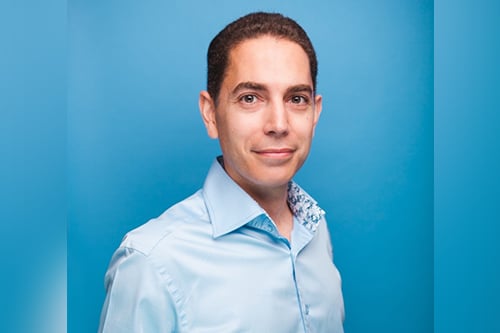

As provinces take steps to reopen businesses, the world of entertainment is still largely on hold. TV and film productions are in the planning phase, determining how many crew members they’ll need to hire and which locations they’ll be able to shoot in, as well as planning out how to implement COVID-19 health and safety guidelines on sets.
Luckily, from an insurance perspective, a number of productions will have successful claims for the suspension or cancellation of work, noted one expert.
“The issues are complicated and depend on the specific state or provincial orders to suspend non-essential work, the type of insurance policy, which insurer provided coverage as each insurer drafts slightly different wordings in insurance contracts, and the specific circumstances for each producer,” cautioned Damian Schleifer (pictured), executive vice president at Front Row Insurance Brokers. “It will really be a case by case situation.”
Production insurance is unique compared to other industries in that the policy does not require actual physical damage to trigger a business interruption loss. There tends to be coverage extensions for civil authority in an entertainment package that might address a lot of the shutdown-related costs that producers have experienced as well as the additional costs to get back up and running.
However, a key area of concern is what will happen if a second wave of COVID-19 hits because insurance companies are now specifically excluding any coronavirus-related risks and mutations of the virus.
“Some insurers have a very broad communicable disease exclusion that they’re applying now so any pandemic would not be covered and, in the case of one insurer in particular, any virus, bacteria or illness that can be transmitted from one person to another will be specifically excluded,” said Schleifer, adding that a production is usually “quite expensive and it requires a lot of funders to pitch in to produce a TV show or a feature film so it’s a concern for all of the interested parties – what do we do if there’s a shutdown and what sort of financial loss can we tolerate?”
Because it’s unlikely that there will be much offered by insurers in the way of coverage in the near future, Front Row is focusing on having its clients implement risk management procedures and follow health and safety guidelines to limit the exposure that producers have, and to properly demonstrate that they’re doing everything a reasonable company can do to safeguard their people and continue working.
Hiring crew and actors that are more local has been one risk management strategy to avoid the business interruption that could arise due to travel restrictions. Productions will also have to take into account the potential quarantining of, for example, an American actor that’s already committed to the project and has to come to Canada to shoot their scenes, as well as shooting in different locations that are actually available and then meshing these scenes together in post-production.
During this time of stress for many entertainment companies, Front Row is sharing information on best practices in restarting productions and the guidelines for companies across different countries, and helping industry stakeholders collaborate on finding coverage for the entertainment industry.
“There are different industry groups that are lobbying government and trying to find some creative ways to address the exposure in the absence of insurance,” said Schleifer. “But right now, it’s such an unknown and it’s difficult for an insurance company to properly assess what the exposure is.”
The EVP predicts this will be a longer term issue, in addition to productions already having other concerns on their minds, such as putting in place sound protocols to test people working on productions for the virus, and introducing enhanced hygiene and cleaning in their workplaces.
“If the virus takes a different trajectory or there’s a treatment, maybe we can revisit it, but I’m not too hopeful that this will be anytime soon,” he said. “We’re looking at what else can we do … even if we can put together a limited scope of coverage, that might be something to consider, but it’s a difficult time for any insurance company to jump on board.”
